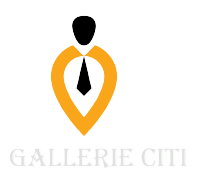The Importance of Critical Thinking in Truth Seeking
In a world overflowing with information, discerning the truth has become increasingly challenging. Every day, we are bombarded with news, opinions, and data. With the rise of social media and the digital age, the line between fact and fiction has become blurred. That’s where critical thinking comes into play.
Critical thinking is the ability to think clearly and rationally, understanding the logical connection between ideas. It’s about being active (not reactive) in your learning processes, and it requires open-mindedness, discipline, and diligence.
Here’s how critical thinking aids in truth-seeking:
- Questioning Assumptions: Rather than accepting information at face value, a critical thinker questions underlying assumptions. This skepticism prevents us from being easily swayed by unfounded claims.
- Evaluating Evidence: It’s essential to assess the validity and reliability of evidence presented. Is there a bias? Is the sample size large enough? Critical thinkers are analytical about the sources of information.
- Seeing Multiple Perspectives: Understanding different viewpoints is a hallmark of a truth-seeker. It allows us to get a fuller picture of the reality.
In an age of misinformation, critical thinking is a beacon that guides us towards the truth. By cultivating this skill, we become better equipped to navigate the complexities of the modern world.
…
